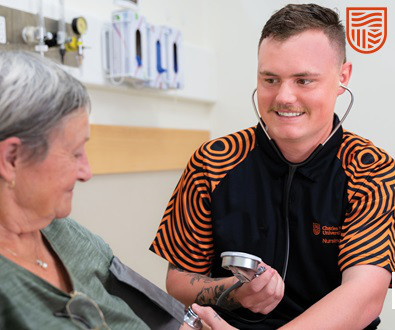8 Reasons Why You Should Become a Nurse Practitioner
Minority Nurse
NOVEMBER 11, 2024
Nurse practitioners have a significant impact on the healthcare system. Not only do they provide comprehensive, holistic care, but they also develop relationships with their patients’ family members, leading to overall better health outcomes. After reading the article above, I hope you consider becoming an NP today.














Let's personalize your content